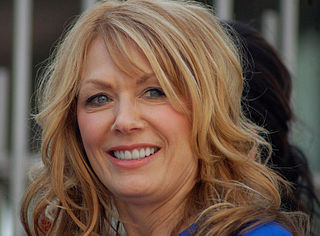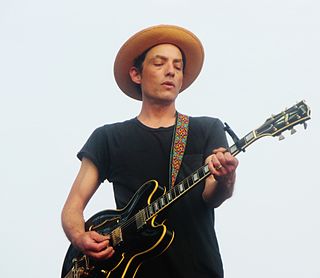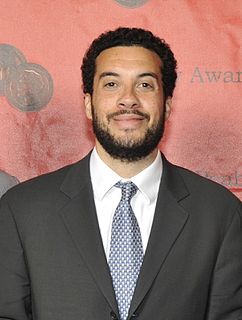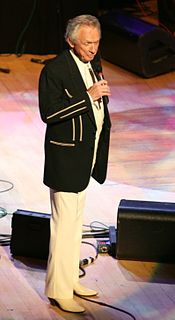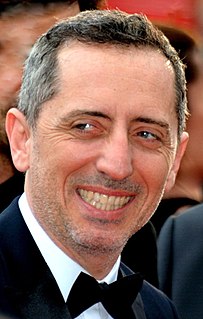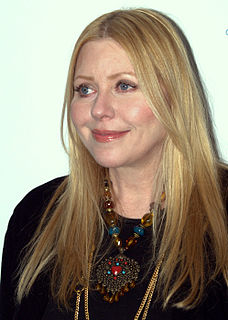A Quote by Bonnie Raitt
There were so many great music and political scenes going on in the late '60s in Cambridge. The ratio of guys to girls at Harvard was four to one, so all of those things were playing in my mind.
Related Quotes
I'm talking about the '60s really. People go interview these guys and ask them, "Do you still think music can change the world?" I mean, go talk to Graham Nash about that. What's he going to tell you? Ask David Crosby. These guys are still out there. They're playing their hits at Staples Center and those are really valuable songs. I'm talking about a couple of the guys who got knee-deep into really believing music had a great service beyond radio. I believe it did. And I think a lot of those songs are great.
If you take a look at places like Harvard, it's striking. In the early ,50s, I think there were a handful of Jewish professors, three or four. But by the 1960s, there were Jewish deans and administrators. In fact, one of the reasons why MIT became a great university was because they admitted Jews whereas Harvard did not.
I got a PhD from Harvard and a few years later, there was a girl from Sunderland who hadn't got into Oxford or Cambridge, even though she'd got perfect A-levels. Harvard asked me to come and recruit her because I was recruited out of university by Harvard - they were trying to show that people could make it.
O.J. Simpson was primarily interested in O.J. His rise to fame in the late '60s coincided with the period where black athletes were more outspoken and political than in any era. You're talking about the generation of black athletes that came about after Jackie Robinson. Athletes after that were just happy to find a place in sports. But when you got to the mid-'60s, you had athletes like Jim Brown and Muhammad Ali, who were very outspoken on the issues of race and civil rights.
All films created by Walt Disney at the time of his major outpouring of work were carefully crafted to fit scenes, characters, moods and situations. If these elements changed in any way, songs - no matter how good they were - were discarded. Others were written for the new scenes. Many times, character songs were dropped because characters were dropped...sequences were dropped etc.


